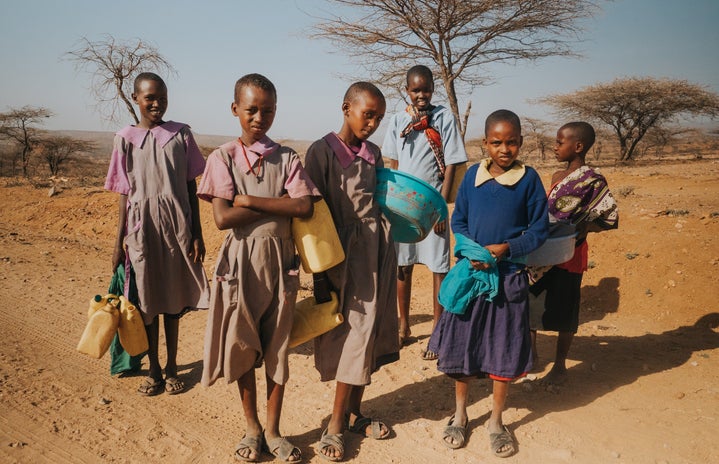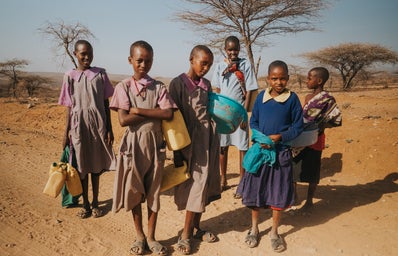This past week Chibok girls, kidnapped in a mass abduction back in 2014, by the militant group, Boko Haram, escaped. Originally, 276 schoolgirls were taken in from a boarding school outside of Chibok, a village in Nigeria. Over the years, a little more than half the missing girls have been found or returned after negotiations.
Immediately after the abduction, dozens of girls managed to escape on their own but over two hundred still remained in captivity. After two years a single girl managed to escape and was found after wandering out of a forest in Nigeria, looking for help. The militant group itself later released 21 girls to the government in Nigeria through negotiations in 2016, and another 82 girls were freed in 2017, in the capital of Nigeria, Abuja, through a prisoner exchange between the Nigerian government and the terrorist organization.
Since 2017, 112 girls have remained in the custody of Boko Haram. Until two weeks ago.
On the 28th of January, 2021, Halima Ali Maiyanga called her father using a phone line belonging to a security official in the Nigerian Army. The call was short but the reunion, a blessing. Halima cried, asking “is this my daddy?” repeatedly. Despite her tears, she managed to convey to her father that her and a number of other girls were safe with the Nigerian Army. It is unclear the number of girls that managed to escape alongside Halima but it is understood she is not alone.
In 2016, Halima’s step-sister, Maryam, who was also taken by Boko Haram in April of 2014, managed to escape. A few weeks after the extremist group agreed to release 21 girls through negotiations with the Nigerian government that was brokered by the International Red Cross and the Swiss government, Maryam Ali Maiyanga was found by the Nigerian Army holding her 10-month old son, Ali. The two were very close and Maryam often brought up her sister during talks with the therapist hired in 2017, to look after the Chibok girls after a large number of them were freed.
Boko Haram is a jihadist terrorist organization based in northeastern Africa, that pledged loyalty to the Islamic States back in 2015. They believe in a version of Islam in which is forbidden or “haram” for the Muslims to be involved in any political or social activity related to the West, essentially rejecting the culture altogether. They believe Nigeria is controlled by non-believers, whether the president is Muslim or not, and have extended their campaigning to neighboring countries. Their main goal is to create an Islamic caliphate or state in northeastern Nigeria. Boko Haram generally controls the area known as the Borno State in Nigeria and was formed in its capital, Maiduguri, in 2002. Since then, millions in the area have been murdered or displaced. Since 2011 alone, Boko Haram has killed more than 37,000 people. They also have a strong presence in the Yobe and Adamawa states, which are also in the northeastern region of Nigeria. Boko Haram is known to remain in this general region due to their familiarity with the region.
Attention to the issue was not largely given until the Chibok girls were taken in 2014. After the incident, the media attention also outed the Nigerian government and how little was being done to combat Boko Haram.
Boko Haram-related violence peaked in the area in 2014-2015 and has since dramatically fallen thanks to the efforts of Nigeria, Cameroon, Chad, and Niger. The location of Boko Haram and its presence on the border of Lake Chad has forced recognition on part of Nigeria’s immediate neighbors, pushing them to work together.
While there is still much violence caused by Boko Haram throughout Nigeria, the Nigerian government has shown they are adamant about finding the remaining missing Chibok girls. Nothing has been heard about the girls in recent times and none have been freed or escaped since the last agreed-upon exchange in 2017. This random but great escape is a hopeful case showing the rest of the world that the girls haven’t given up on freedom and neither should we give up on making sure they get it.



